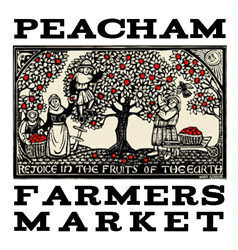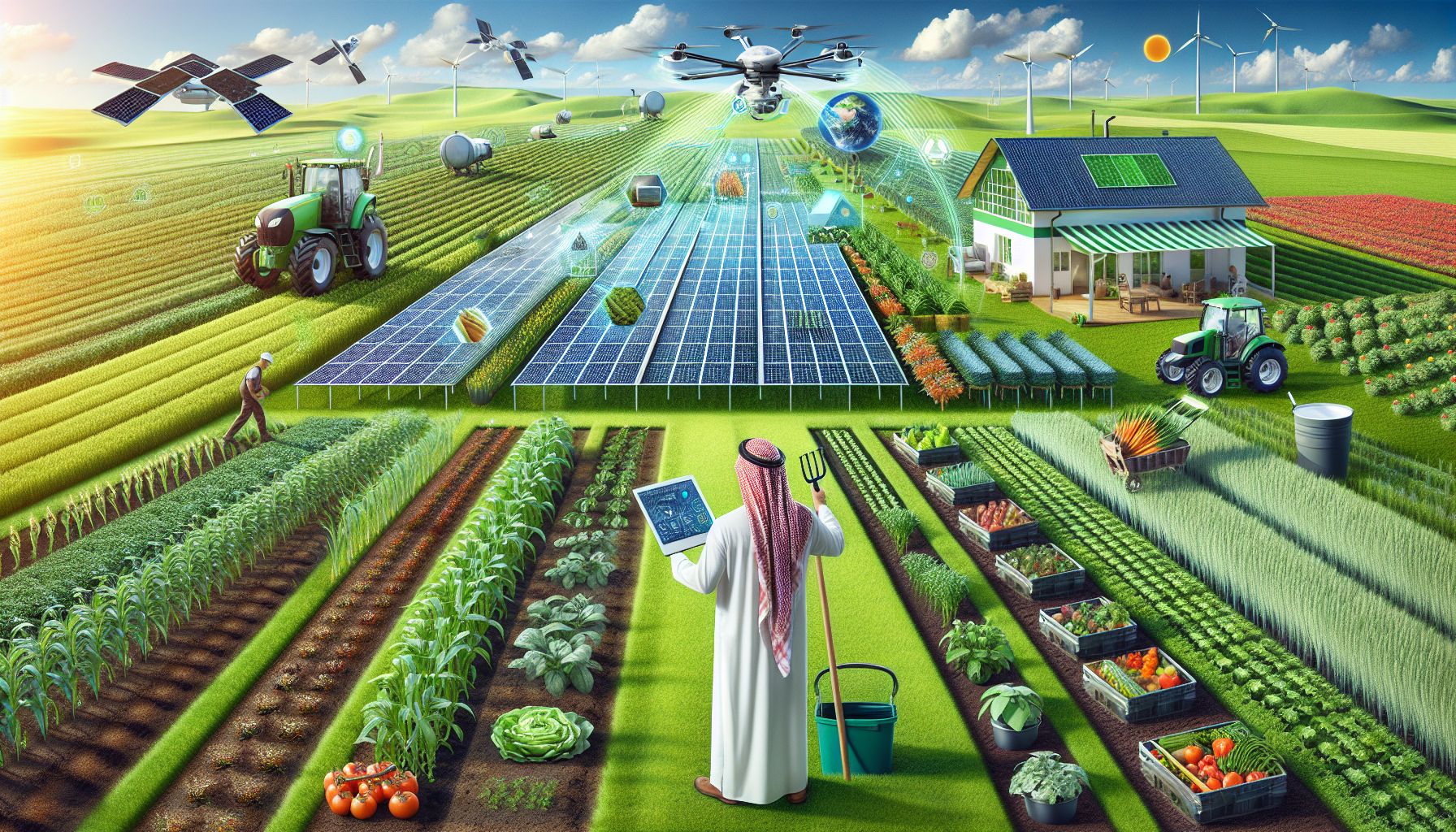Farming has been an integral part of human civilization for thousands of years. From the earliest forms of agriculture to modern farming practices, it has shaped the way we live and sustain ourselves. Today, farming not only provides food for billions around the world, but it also contributes significantly to the economy and the environment.
However, with the growing population and the need for more food production, modern farming faces numerous challenges that impact its sustainability. In this blog post, we will explore the latest trends in sustainable agriculture, the challenges faced by modern farmers, and the impact of farming on the environment.
Sustainable agriculture is a holistic approach that aims to produce food while preserving the environment and ensuring the well-being of farmers and their communities. It focuses on reducing the use of synthetic fertilizers, pesticides, and herbicides and promotes crop rotation, soil conservation, and biodiversity. In recent years, there has been a growing demand for sustainably produced food, and farmers have been adopting new techniques and technologies to meet this demand.
One of the latest trends in sustainable agriculture is precision farming, which uses technology to gather data and make informed decisions about crop production. This includes using GPS mapping to analyze soil quality, satellite imagery to monitor crop growth, and drones to spray precise amounts of fertilizers and pesticides. These practices not only reduce the use of harmful chemicals but also improve efficiency and increase yields.
Another pressing issue that modern farmers face is climate change. Extreme weather events, such as floods and droughts, have become more frequent, posing a significant threat to agriculture. To combat this, farmers are turning to sustainable techniques like agroforestry, which involves the integration of trees and crops to improve soil health and reduce erosion. This also creates more diverse habitats, benefiting wildlife and contributing to the fight against climate change.
While sustainable agriculture offers promising solutions for a more sustainable future, modern farming still faces numerous challenges. One of the most significant challenges is the decreasing availability of arable land. As urbanization and industrialization continue to expand, the amount of land suitable for farming decreases. This puts pressure on existing farmland, leading to overuse and degradation of soil.
Small farmers, especially in developing countries, also face financial and social challenges. They have limited access to credit, inputs, and resources, making it difficult for them to adopt sustainable practices. This, in turn, affects their livelihoods and contributes to food insecurity in their communities.
Furthermore, farming has a significant impact on the environment. Industrial agriculture, which relies heavily on synthetic inputs, is responsible for about 25% of global greenhouse gas emissions. It also contributes to water pollution and loss of biodiversity. Sustainable farming practices such as organic farming can reduce these negative impacts and create a more environmentally friendly food system.
In conclusion, farming plays a crucial role in shaping our world, and the need for sustainable farming practices has never been more urgent. Technology, innovation, and changes in consumer demand offer solutions for a more sustainable future. However, it is also essential to support small farmers and address the challenges they face in adopting sustainable practices. As we look towards the future, we must recognize the crucial role farming plays in sustainable living and work towards creating a more resilient and eco-friendly food system.
Farming is not just about producing food; it is a way of life that has a profound impact on our societies and the environment. By embracing sustainable farming practices, we can ensure a more secure and healthy future for ourselves and generations to come.

